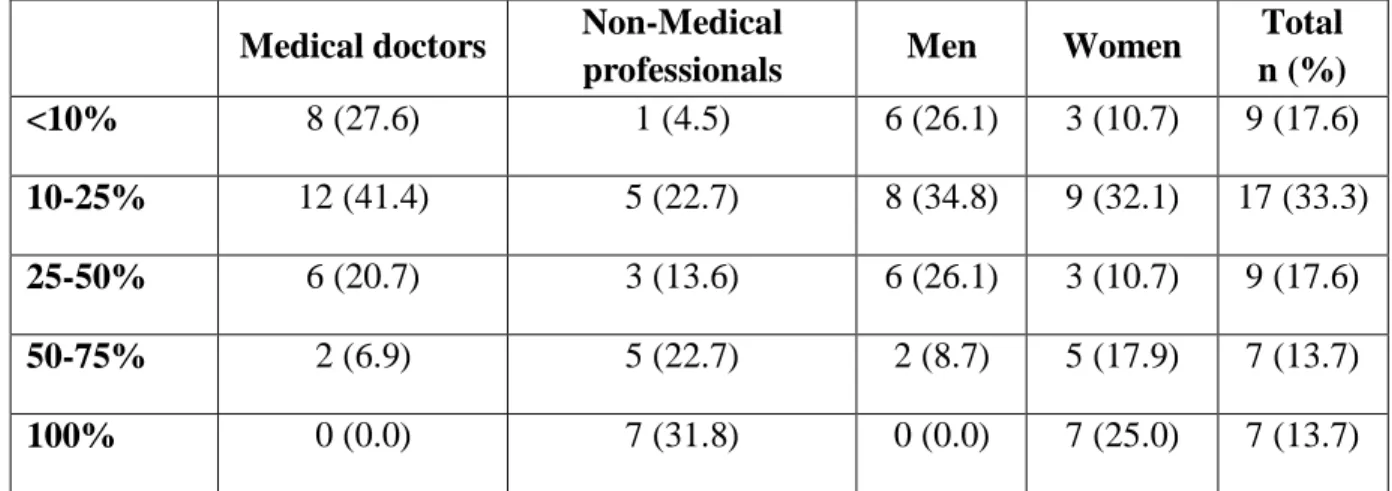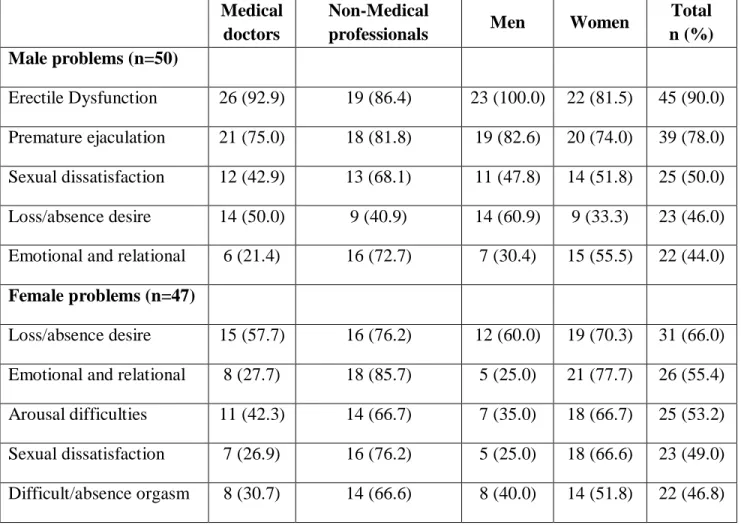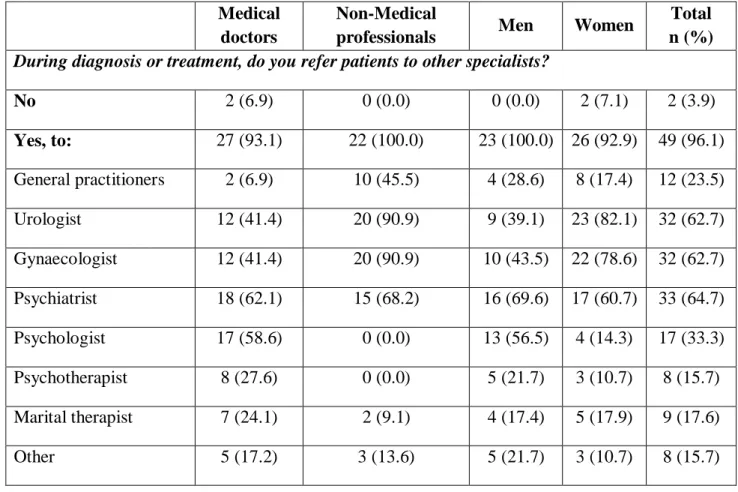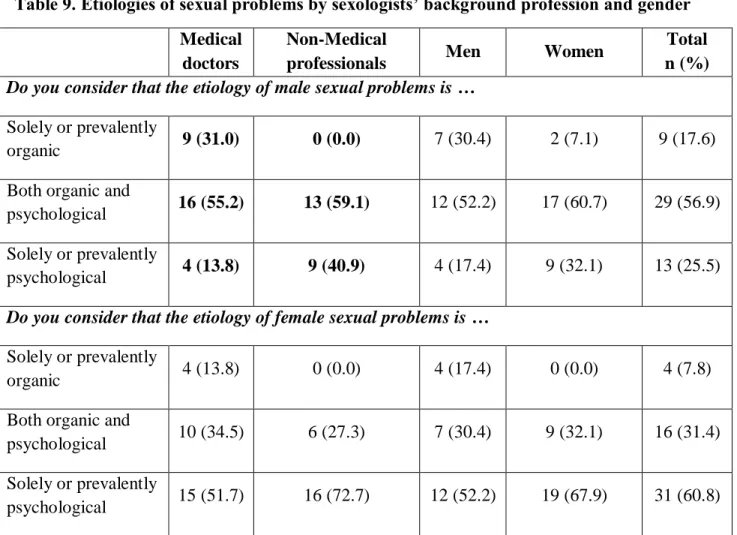Clinical practice in Portuguese sexology
Texto
Imagem




Documentos relacionados
1.Os Estados Partes reafirmam que as pessoas com deficiência têm o direito de ser reconhecidas em qualquer lugar como pessoas perante a lei. 2.Os Estados Partes
of the original version into Brazilian Portuguese; 2 - Achievement of the first consensual version in Portuguese; 3 - Evaluation, by a committee of judges, of semantic,
Table 1 Process of translation into Brazilian Portuguese and cultural adaptation of the short-form Food Frequency Questionnaire (SFFFQ) for Brazilian pregnant women?. Original Version
The goal of the present study was to assess the psychometric properties of the Adult Auditory Handicap questionnaire translated into the Brazilian Portuguese, including its
The two versions back-translated for English, the compiled version in Portuguese and the original procedure were analyzed by Committee of Judges (stage 2c) for the evaluation of
Purpose: To cross-culturally adapt the Self-Evaluation of Communication Experiences after Laryngectomy questionnaire into Brazilian Portuguese and to apply the first version
In conclusion, the original version of the MGC scale, having been translated, culturally adapted, and validated into Brazilian Portuguese has proven to be a reliable instrument
The translated version into Brazilian Portuguese of the Medication Regimen Complexity Index (MRCI), which was called Pharmacotherapy Complexity Index (PCI) demonstrated an


